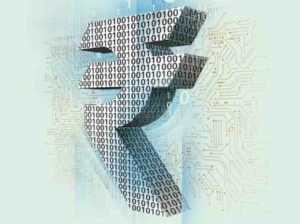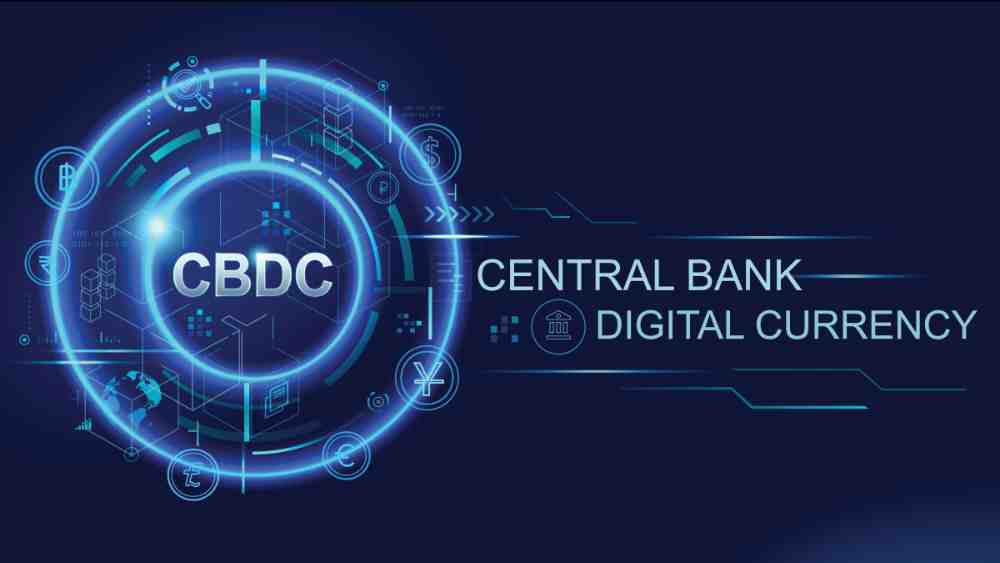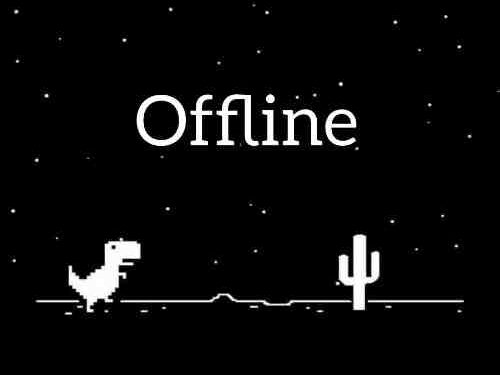The pilot for the wholesale segment of the digital rupee began on November 1.
According to media sources,
105 nations, accounting for 95% of the world’s GDP, were reportedly exploring CBDC as of July 2022.
Up till now, 10 nations have introduced CBDC; the earliest was the Bahamian Sand Dollar in 2020, and the most recent was Jamaica’s JAM-DEX.
WHAT IS THE E-RUPEE?

The digital rupee (eC), also known as the Central Bank Digital Currency (CBDC), is a digital representation of currency notes issued by the RBI.
Features:
- To be recognised as legal cash and a means of payment by individuals, government organisations, and enterprises.
- Freely convertible into cash and money from commercial banks.
- Expected to reduce the cost of money issuance.
USE OF THE E-RUPEE
Similar to physical cash, users will be able to withdraw digital tokens from banks. These tokens would be kept in a digital wallet and may be used for online purchases or app-based transfers.
E-RUPEE: IS IT RISK-FREE?

The RBI explains in its concept note that the digital Rupee gives customers the same experience as exchanging money in digital form while avoiding the hazards associated with private cryptocurrencies. By avoiding the negative social and economic effects of private virtual currencies, CBDCs will offer consumer protection.
WHY CBDC?

Promoting the use of a more widely accepted type of electronic money (like Sweden).
Increasing the effectiveness of issuing (like Denmark, Germany, Japan and US).
Assisting nations whose geographic restrictions prevent the physical flow of money (e.g. The Bahamas and the Caribbean).
Avoiding virtual private currencies’ negative effects.
TYPES OF CBDC

CBDC-W FOR WHOLESALE
Intended for specific financial institutions, with an account-based system
CBDC-R FOR RETAIL
Will utilise a token-based system because it is more like true currency and could be used by everyone
HOW WILL IT FUNCTION?
Token-based:
Whoever has the tokens at any given time would be assumed to be the owner because they are a bearer-instrument similar to banknotes. Receiver of a token confirms ownership.
Account-based system:
The identity of the account holder is confirmed by the intermediary through the maintenance of records of balances and transactions for all holders.
WHAT TAKES PLACE OFFLINE?

For the digital Rupee, the RBI has suggested offline capabilities that would let users conduct transactions even when there is no internet connection. However, this results in an issue with duplication and a danger of spending money twice. According to the paper, “for offline transactions, the wallets must be able to independently check the legitimacy of transactions without connecting with the server.”
